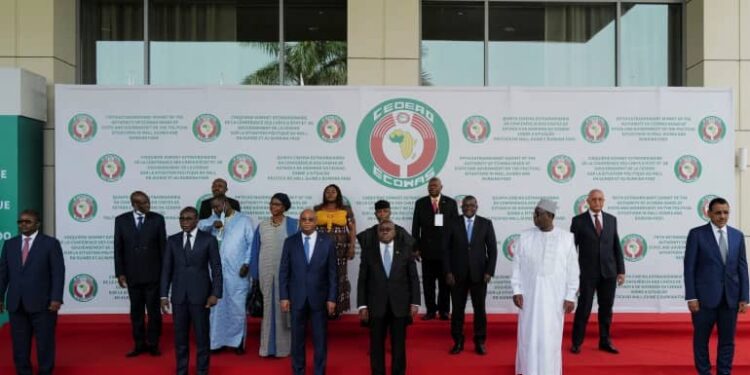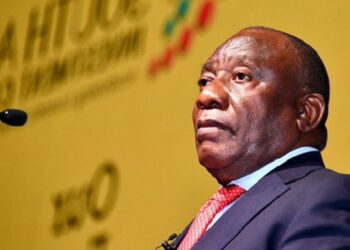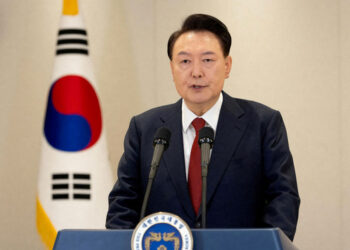By Enyichukwu Enemanna
West African leaders are meeting in Ghana’s capital for a Summit of the Economic Community of West African States (ECOWAS), where rising insecurity in the Sahel region and questions on how to restore civilian rule following three separate military coups across the region take centre stage.
The meeting on Sunday in Accra comes as the number of armed attacks across the West African sub-region continues to rise as a result of separatist movement in northern Mali in 2012 and a devolving security situation in the country’s central region perpetuated by ISIL (ISIS) and al-Qaeda-linked groups.
The violence, which has spilled into neighbouring Burkina Faso, Niger and the wider region, has displaced 2.5 million people in the last decade and piqued concerns of attacks spreading into the coastal West African states, with analyst Adeeb Sanni stating that there were at least 19 attacks in Ivory Coast, Benin and Togo in 2021, up from zero in 2019, Aljazeera reports.
The situation has been cast into further uncertainty by the withdrawal of French troops from Mali, where they had been stationed since 2013, and the country’s pivot towards Russian mercenaries.
Critics have also attributed the continued violence in the region to poor governance following military-led coups in Mali, Burkina Faso, and Guinea that have strained relations with the Western allies and regional organisations.
At the ECOWAS Summit, West African leaders are expected to assess efforts to nail down timetables and other guarantees for restoring civilian rule in the three countries, including possible sanctions.
Mali underwent military coups in August 2020 and May 2021, followed by Guinea in September 2021 and Burkina Faso in January 2022. All three have since been suspended from the bloc and were not invited to Sunday’s meeting.
Following the 2021 coup in Mali, ECOWAS imposed a series of tough measures, including a trade and financial embargo on the country after the military government unveiled in January a plan to rule for five years.
With the sanctions straining Mali’s already beleaguered economy, the military last week approved a plan to hold presidential elections in February 2024. The vote will be preceded by a referendum on a revised constitution in March 2023 and legislative elections in late 2023.
A representative of the ECOWAS mediator in Mali hailed the plan to the AFP news agency as “enormous progress”, but some critics have voiced concern over a new electoral law that allows officials from the military government, including coup leader Colonel Assimi Goita, to run in the presidential election.
Burkina Faso and Guinea have so far escaped harsher measures from ECOWAS, with the bloc declining to rule on sanctions at a June 4 meeting and instead giving leaders another month to negotiate.
Burkina’s military-led government has proposed a constitutional referendum in December 2024 and legislative and presidential elections in February 2025.
Visiting Ouagadougou for the second time in a month on Saturday, ECOWAS mediator and former Niger President Mahamadou Issoufou praised the head of the military-led government, Lieutenant Colonel Paul-Henri Sandaogo Damiba, and his officials’ “openness to dialogue”. However, political groups allied with deposed President Roch Marc Christian Kabore have denounced the plan.
Meanwhile, Guinea’s military-led government has refused an ECOWAS mediator and instead announced a 36-month transition, a period that African Union Chairman and Senegalese President Macky Sall has described as “unthinkable”.




































